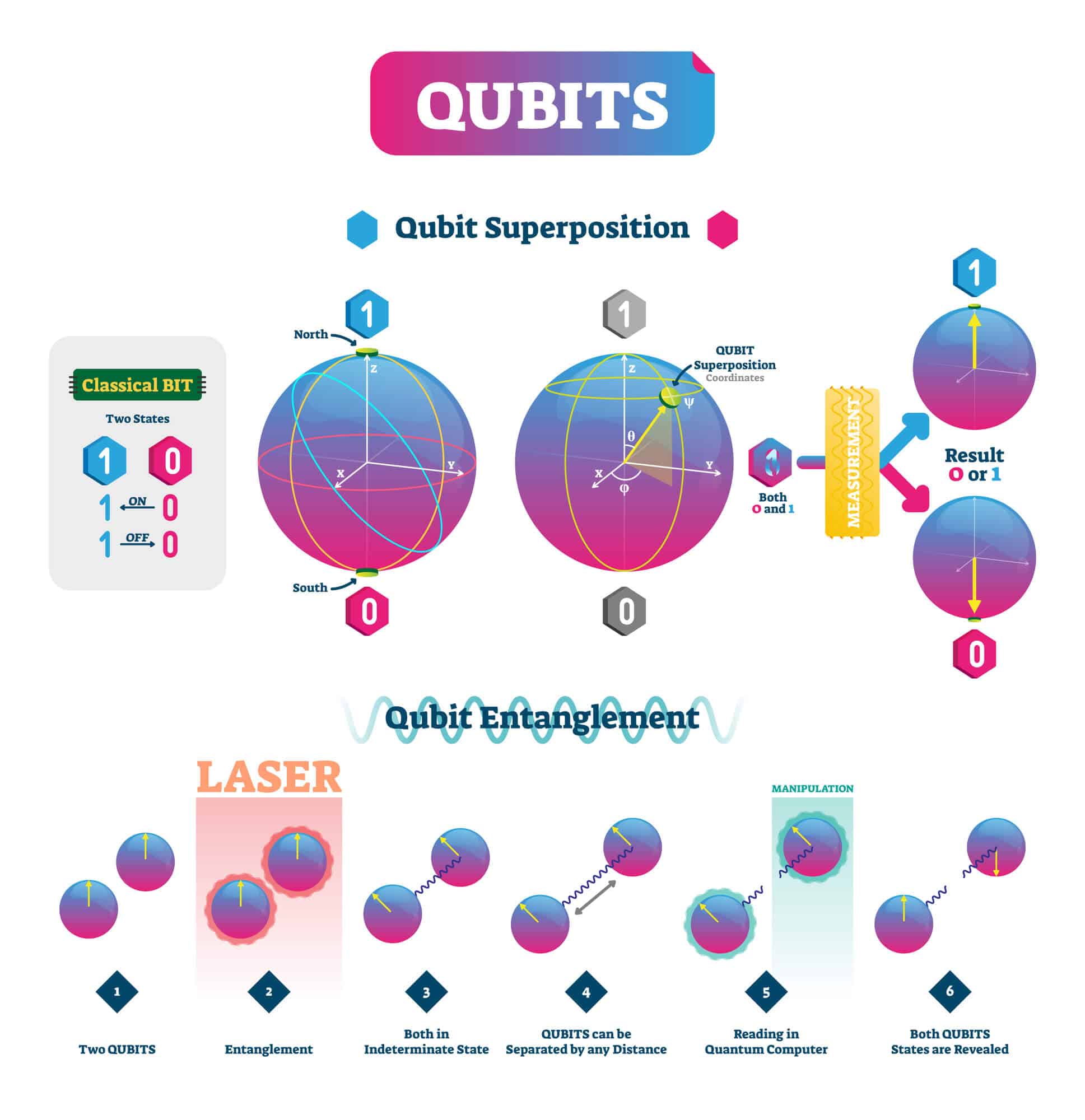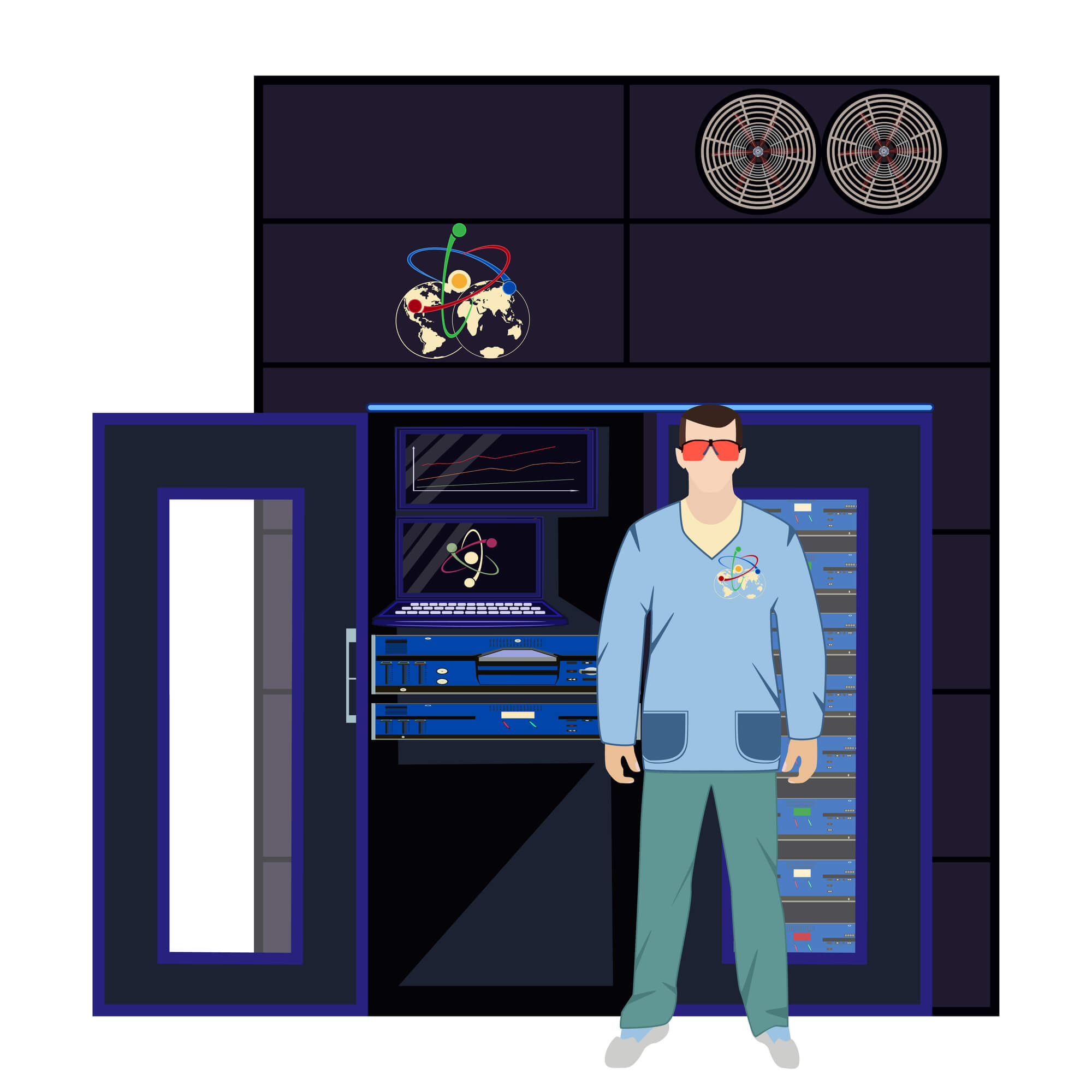The company says that these patents will increase and strengthen the portfolio of patents that enable the design of quantum algorithms on classical computers

Classiq, which provides a software platform for creating quantum computer circuits, announced today that it has filed nine patents that address the spectrum of design, compilation, debugging, and optimization of the quantum algorithm design process.
The Classiq platform and intellectual property (IP) will enable quantum computing to reach its true potential. As quantum computers become larger and more powerful, current methods of programming them become outdated and impractical. Today, quantum software is written by explicitly specifying the connections between quantum bits - qubits - and quantum gates. While this method may work for circuits of 10 or 20 qubits, this manual and labor-intensive process is not suitable for computers with 100 qubits or more. Such computers have already been announced and are expected to be introduced in the coming months.
Classiq explains that computers with more qubits can solve more complex problems. However, when using current approaches and as the number of qubits increases, the number of people able to design, debug and maintain such circuits decreases rapidly. Soon, with computers large enough, almost no one will be able to perform such tasks.
To solve this major obstacle, Classiq introduced a revolutionary quantum matching of a method that is very successful in the field of digital circuit design. Instead of working at the gate and qubit level, a software engineer using the Classiq platform provides a high-level functional model of the quantum circuit. The Classiq platform then automatically synthesizes this functional model into a working gate-level quantum circuit. The platform does this by rapidly screening thousands and more alternatives to find the right quantum application. The software engineer can also define important constraints - such as the number of qubits or the types of gates - and the platform takes them into account. This allows the designer to quickly explore different compromises to find the best one for the given problem.

The new patent filing addresses multiple aspects of this groundbreaking approach: how to dynamically synthesize a circuit, how to analyze and debug sophisticated circuits even when they are too large to simulate on classical computers, how to optimize the design for particular hardware implementations, and much more.
"Quantum programming problems often require PhD-level physics experts. Conversely, by allowing algorithm designers to work at the functional level instead of the gate level, Classiq makes quantum accessible to experts in finance, logistics, chemistry and machine learning without requiring them to have a deep understanding of quantum physics.”
More of the topic in Hayadan:
- "Students and graduates of computer science must convert to quantum programming, because this is the future"
- Intel is testing silicon "spin qubits" for the realization of quantum computing
- On the way to quantum computers: researchers create a quantum insulator to solve system failure
- The development of the quantum computer is progressing in an unexpected place
